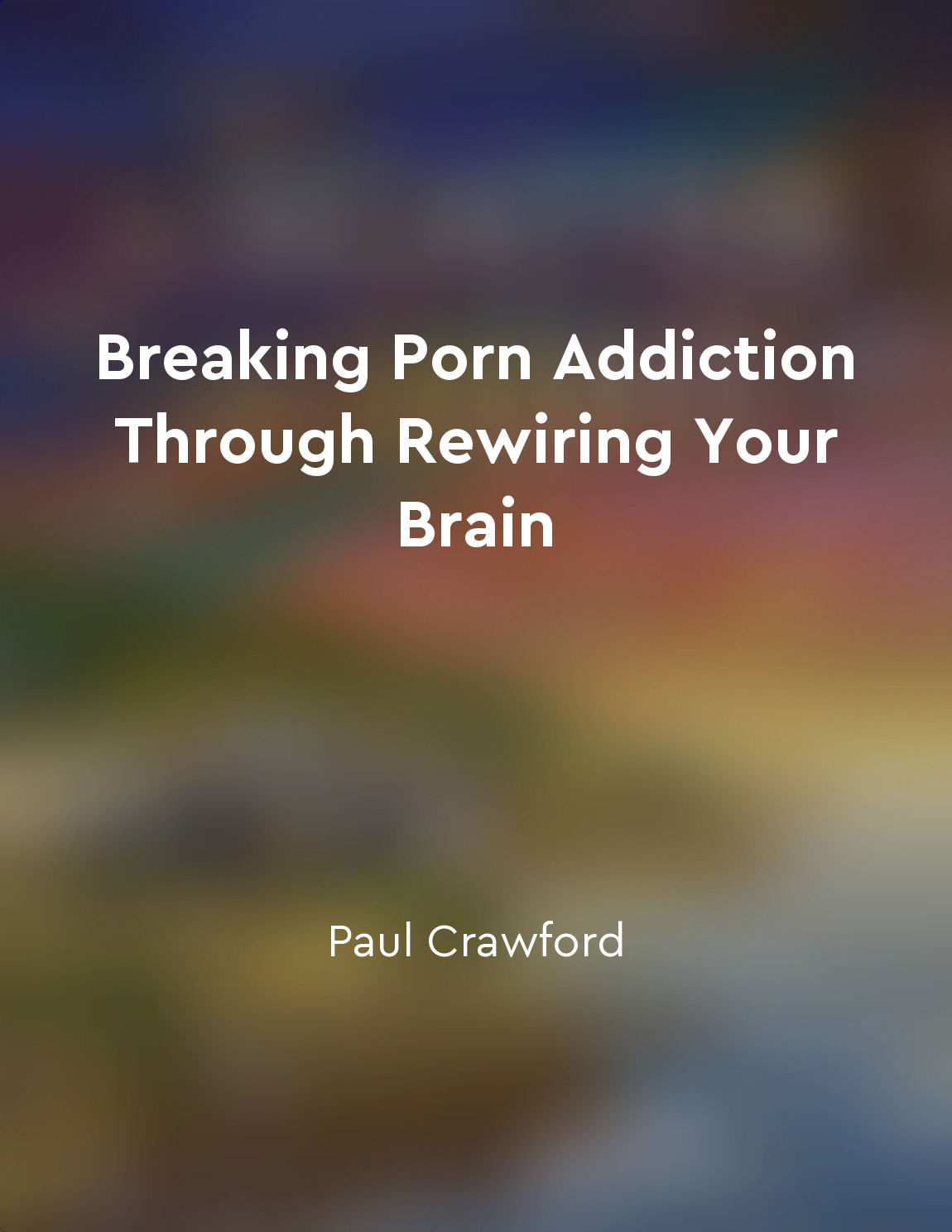Dopamine levels may never fully recover after prolonged drug use from "summary" of Never Enough by Judith Grisel
The idea that dopamine levels may never fully recover after prolonged drug use is a sobering one. It suggests that the damage done to the brain by addiction may be irreversible in some cases. Dopamine is a neurotransmitter that plays a crucial role in our brain's reward system, which is why it is often referred to as the "feel-good" chemical. When we engage in pleasurable activities such as eating, exercising, or spending time with loved ones, our brain releases dopamine, making us feel happy and satisfied. Drugs, however, have the ability to hijack this system, flooding the brain with dopamine and creating an intense feeling of euphoria. Over time, as drug use continues, the brain adjusts to the constant influx of dopamine by reducing its own production of the neurotransmitter. This can lead to a depletion of dopamine levels in the brain, resulting in a dampened response to natural rewards and an increased reliance on drugs to feel pleasure. Unfortunately, even if a person stops using drugs, the damage done to their dopamine system may persist. Studies have shown that individuals with a history of drug addiction often have lower baseline levels of dopamine compared to non-addicted individuals. This can make it difficult for them to experience joy and motivation in the absence of drugs, perpetuating a cycle of addiction and relapse. The implications of this concept are profound. It suggests that addiction is not simply a matter of willpower or moral failing, but a complex interplay of genetic, environmental, and neurobiological factors. By understanding the long-lasting effects of drug use on the brain's dopamine system, we can better appreciate the challenges faced by those struggling with addiction and work towards more effective treatment and prevention strategies.Similar Posts
Developing a positive selfimage is essential for recovery
Developing a positive self-image is crucial for those on the path to recovery from masturbation addiction. How we view ourselve...
Holistic approaches to treatment are effective
Holistic approaches to treatment involve addressing the whole person rather than just focusing on the addiction itself. This me...

Learning from setbacks can lead to growth
Setbacks are a natural part of life, and they are especially common when trying to break free from a porn addiction. It is impo...
Developing mastery over one's sexual energy can bring about inner peace
It is often said that sexual energy is a powerful force that can either enhance or disrupt our lives. When this energy is misma...
Find healthy outlets for stress and anxiety
When it comes to dealing with stress and anxiety, it is crucial to find healthy outlets that can help you manage these overwhel...
Dopamine fasting requires commitment
Commitment is a key component of dopamine fasting. It's not something that can be halfheartedly attempted. Half measures won't ...
Habits can be changed through conscious effort and discipline
Changing habits requires a conscious effort and discipline. This means being aware of our habits and making a deliberate decisi...
Prioritizing selfcare can help individuals stay on track
Prioritizing self-care involves making your well-being a top priority in your daily life. By taking care of yourself physically...
